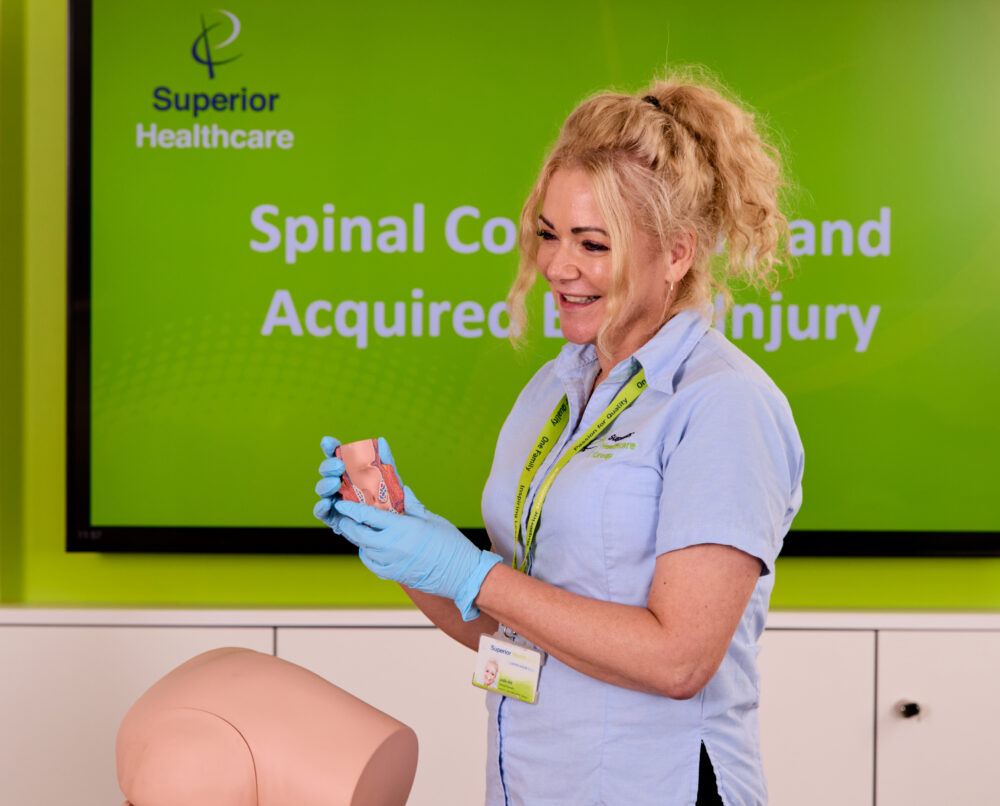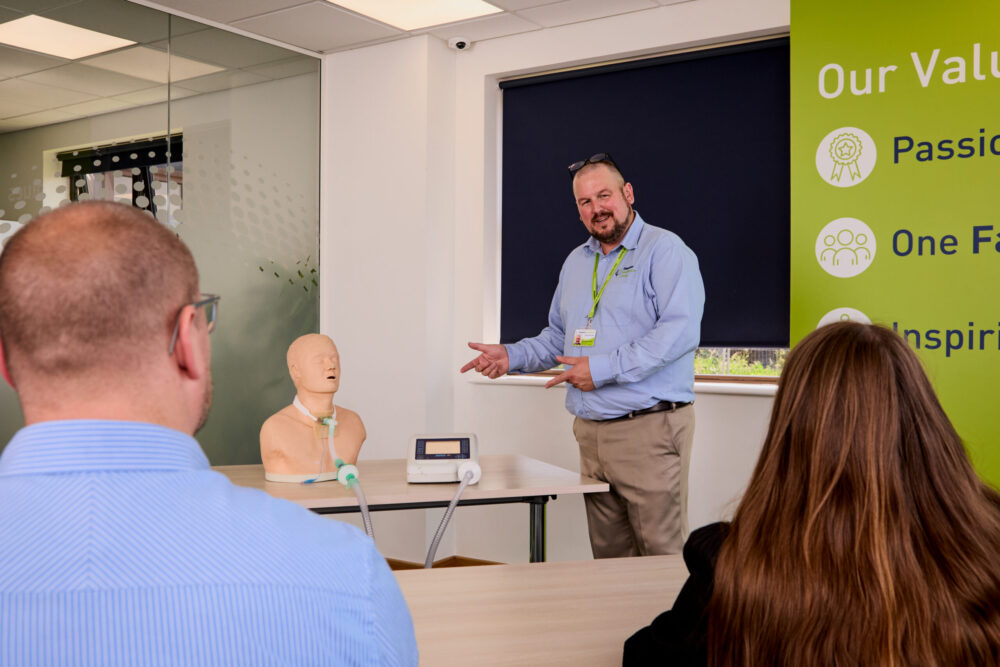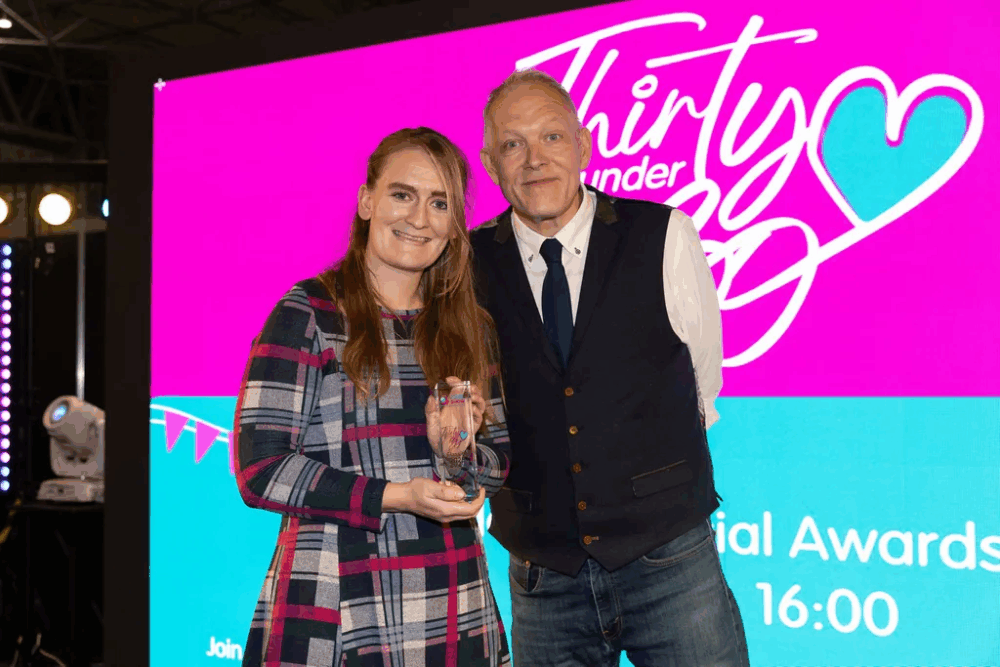Why Clinical Training Matters: with Julie Hill

At Superior Healthcare, training isn’t just something we do – it represents who we are.
Behind every confident carer, every skilled nurse, and every family who feels truly supported, there’s a foundation of learning, practice, and shared values.
That’s why we’re proud to introduce you to Julie, one of our talented Clinical Educators, who plays a vital role in helping our teams deliver the highest standards of complex care.
For us, training is far more than a tick-box exercise. Real, in-person, classroom-based learning gives our people the chance to truly understand, ask questions, and build the confidence that only comes from hands-on experience.
It’s about taking the time to do things properly – because when we invest in training, we invest in people.
This approach strengthens everything we stand for as a business: professionalism, safety, compassion, and excellence.
It creates a culture where colleagues feel supported and capable, where clients receive the highest quality of care, and where families can rest easy knowing their loved ones are in expert hands.
We asked Julie to shares her insights into what makes great training, why in-person education matters so much, and how it shapes the kind of care we’re proud to deliver every day.
- What inspired you to become a Clinical Educator at Superior?
I was inspired to join Superior Healthcare because of its excellent reputation as a compassionate care provider and the ethos on which the company was built.
I have diverse nursing experiences across both clinical and non-clinical roles; this was a wonderful opportunity to share the knowledge and skills I’ve acquired. I am passionate about providing the best care to clients whilst supporting and empowering others in their professional journeys, which aligns perfectly with Superior’s mission.
- What areas or skills do you most often train colleagues on?
Most often in complex care tasks, including tracheostomy management, enteral feeding, and epilepsy care. These areas are critical to our patients’ well-being, and I am dedicated to equipping my colleagues with the skills and confidence they need to excel and maintain safety in providing clients care
- How does your work as a Clinical Educator make a difference to patients or the wider team?
My role ensures that we adhere to best practices while fostering an empowered and cohesive workforce. By enhancing the clinical skills of our team, we collectively improve patient outcomes and promote a culture of excellence within our care environment.
- What’s the most rewarding part of supporting and developing others in their clinical practice?
The most rewarding aspect of my role is witnessing the growth and development of my colleagues as they gain confidence in their abilities. It’s incredibly fulfilling to know that I can make a positive impact on their professional journeys and enhance the care we provide to our clients and their families
- What’s one piece of advice you always give to learners during training?
I always remind learners that there is no question too silly. We only know what we’ve been taught, and asking questions is essential for understanding and growth. It’s important to cultivate a learning environment where everyone feels safe and encouraged to seek clarity.
- If you had to sum up your role in three words, what would they be?
Empower, Inspire, Educate.



